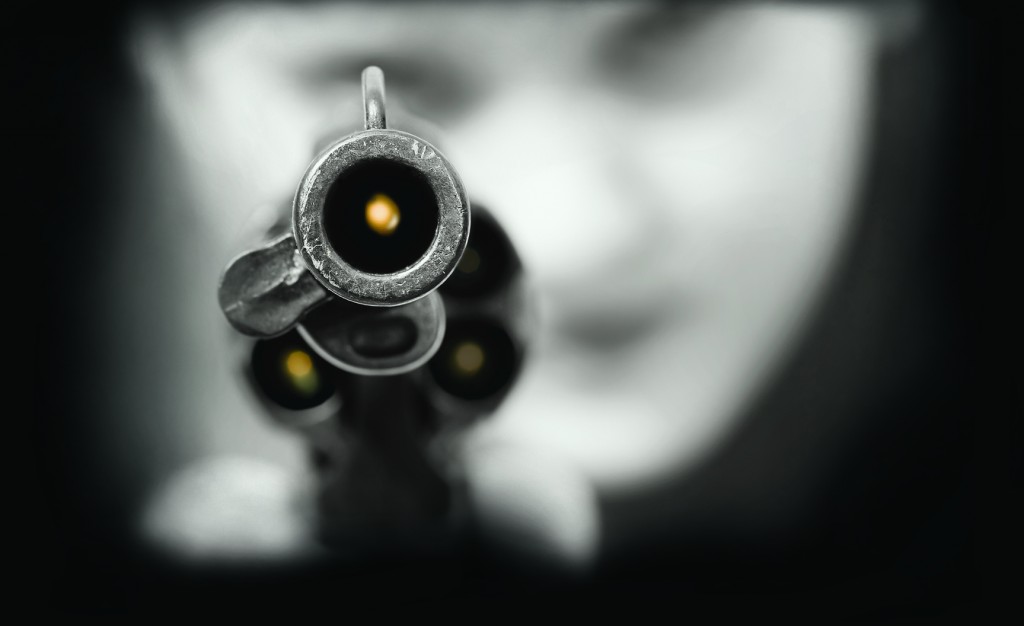
Shy children now candidates for dangerous psychiatric drugs
New guidelines for mental illness turn shyness in children from a personality trait into a mental disorder that warrants drug treatment. Drug companies already target children, who fidget too much in class or have trouble concentrating on their homework, with stimulant drugs for treating attention deficit disorder. Now children who sit too quietly or are more withdrawn than their peers will also be targeted with medication for social anxiety disorder or depression.



